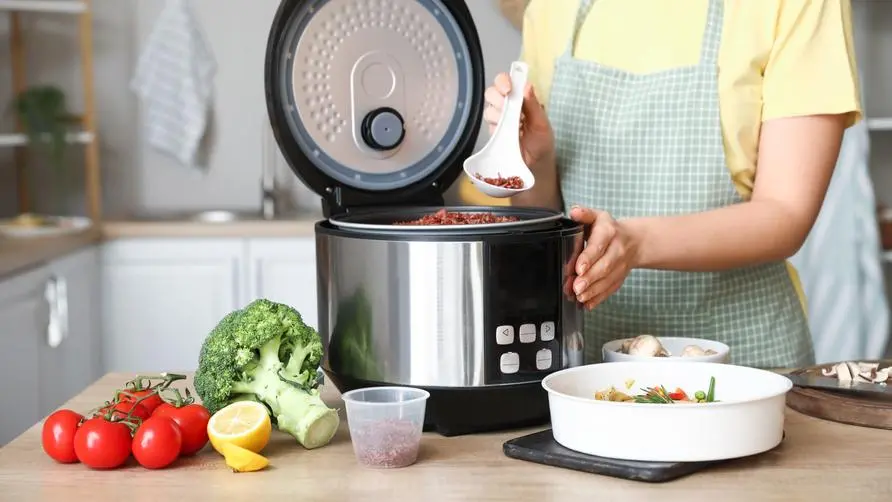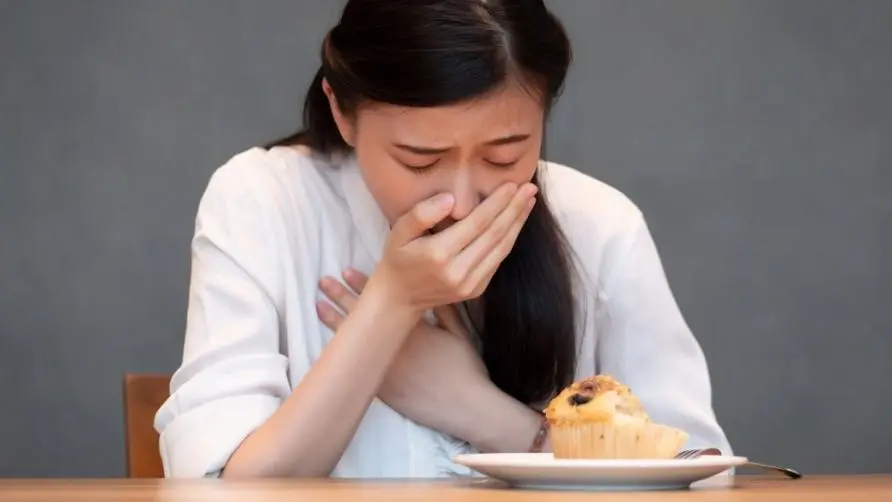Don't keep New Year's dishes out for too long! The dangerous temperature for bacterial growth is 7-60 degrees. Medical education provides 4 tips to prevent food poisoning.

Is eating New Year’s dishes overnight too harmful to the body? Is it dangerous to heat below 70°C?
As the Chinese New Year is approaching, it is customary for every household to prepare more food, which has the auspicious meaning of “abundance every year”. Dr. Yan Zonghai, director of the Clinical Poison Center of Chang Gung Memorial Hospital, said that it is not recommended to cook excessive portions of New Year’s Eve dishes, and it is not recommended to eat them repeatedly at alternate meals. In addition to avoiding nutrient loss, it can also reduce the risk of food poisoning and gastroenteritis.
Dr. Yan Zonghai said that when food is placed in an environment between 7°C and 60°C, it is easily contaminated by microorganisms, which is called “dangerous temperature” in medicine. It is recommended that cooked food be consumed within 1-2 hours after cooking. If you cannot finish the meal in one meal, the leftovers should be stored in an environment below 7°C (such as a refrigerator). When placing the food, it is recommended to store it for one hour in winter and to store it at low temperature within 2 hours in summer.
People often reheat uneaten New Year dishes, and often still eat the dishes from the previous few days on the fourth and fifth day of the Lunar New Year. Dr. Yan Zonghai said that every time food is reheated, nutrients will be lost, and it is not recommended to cook more or buy more ingredients. If you can’t finish the meal and need to eat it with another meal, you should heat it in an electric pot or microwave to above 70°C when reheating.
Dr. Yan Zonghai emphasized that it is not recommended to store leftovers in electric pots or induction cookers to “keep them warm” because cooked food that has not been heated above 70°C is still at a “dangerous temperature” and may breed bacteria. For soups such as chicken soup and Buddha Jumping Over the Wall, continuous heating will easily cause the water to evaporate and the sodium content of the soup to increase. Eating too much may be harmful to the body.
As for using a dust cover or plastic wrap, can sterilization be achieved? Dr. Yan Zonghai explained that by covering the food or sealing it with plastic wrap, it is mainly to reduce the exposure to external dust or mosquitoes. It cannot reduce the microorganisms or toxins in the food, nor can it extend the shelf life. It is still recommended to finish the meal or cool it down. save.
Are you worried about getting cancer if you eat overnight food? Doctors teach 4 tips to prevent food poisoning
There has long been a rumor on the Internet that eating overnight vegetables increases the risk of cancer. Dr. Yan Zonghai said that green vegetables may have higher nitrate concentrations due to the addition of chemical fertilizers. When vegetables are left for too long and become rotten, nitrates are converted into “nitrites” by microorganisms. After the human body ingests rotten vegetables, nitrites may combine with amines to become “nitrosamines”, and nitrosamines have a clear risk of cancer.
However, Dr. Yan Zonghai emphasized that leftovers and overnight dishes are not in a “rotten” state. On the contrary, improper preservation of ingredients leads to the growth of bacteria, which may lead to food poisoning, gastroenteritis and other risks. More attention should be paid to them. The most common ones include Cactus bacillus, Staphylococcus aureus, and Escherichia coli, which are prone to breed in cooked foods.
In addition, stale seafood such as shrimps and oysters are also susceptible to contamination by Cactus bacteria or norovirus. Once food poisoning occurs, it may cause vomiting and diarrhea for days or even weeks. To prevent bacteria or viruses, Dr. Yan Zonghai recommends that the public pay attention to the following food safety points:
Clean the environment thoroughly. When cooking in the kitchen, microorganisms will be present in every corner of the kitchen, so cooks need to wash their hands and keep the environment clean.
Handle raw food and cooked food separately. When handling different types of food (such as seafood and vegetables), remember to change cutting boards and knives.
Heat completely. Overnight dishes and New Year dishes need to be eaten every other meal and should be heated to at least 70°C.
Store in refrigerator. Food should be consumed within 1-2 hours; if there are any remaining ingredients, they should be stored in the refrigerator as soon as possible, or in a space below 7°C.





